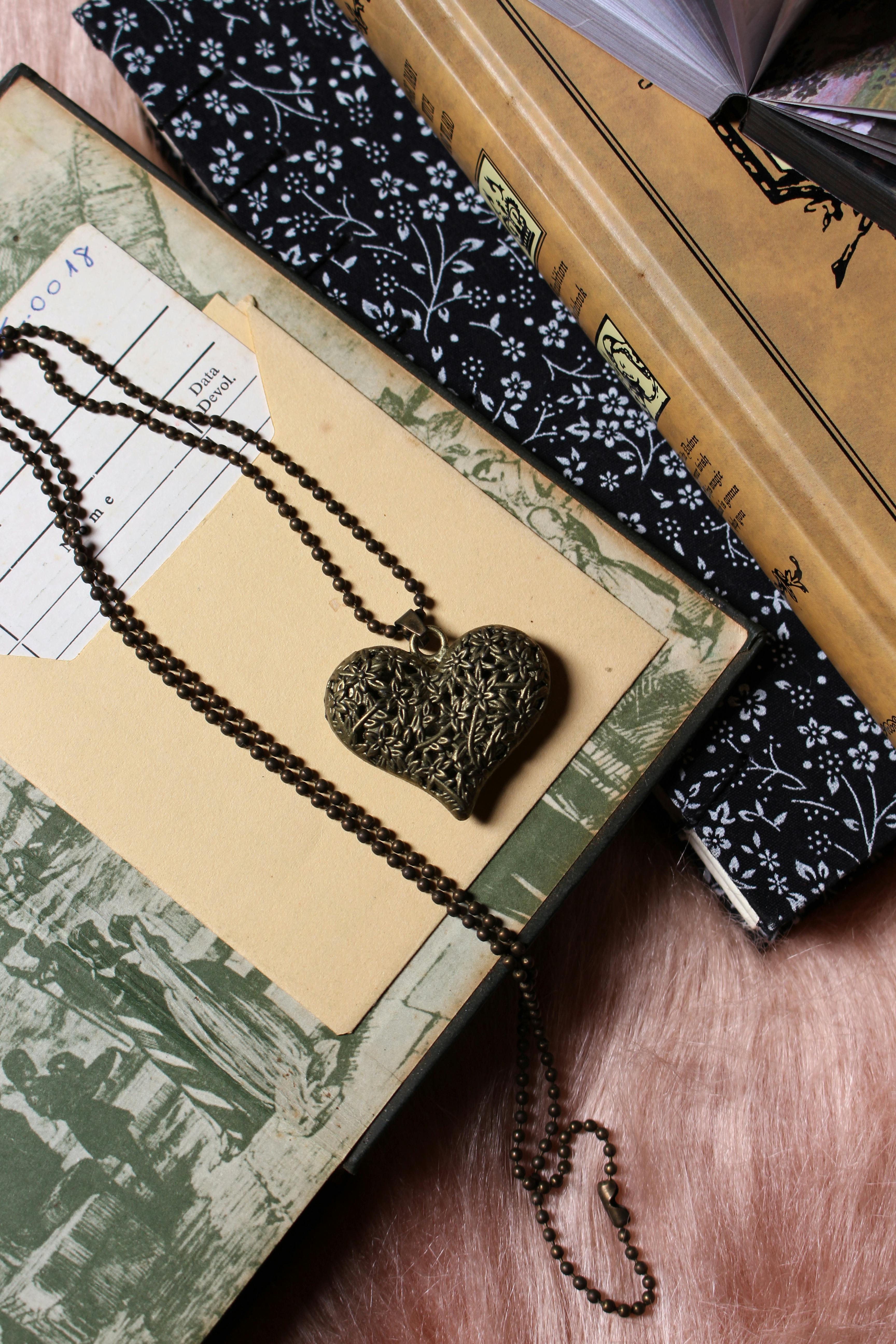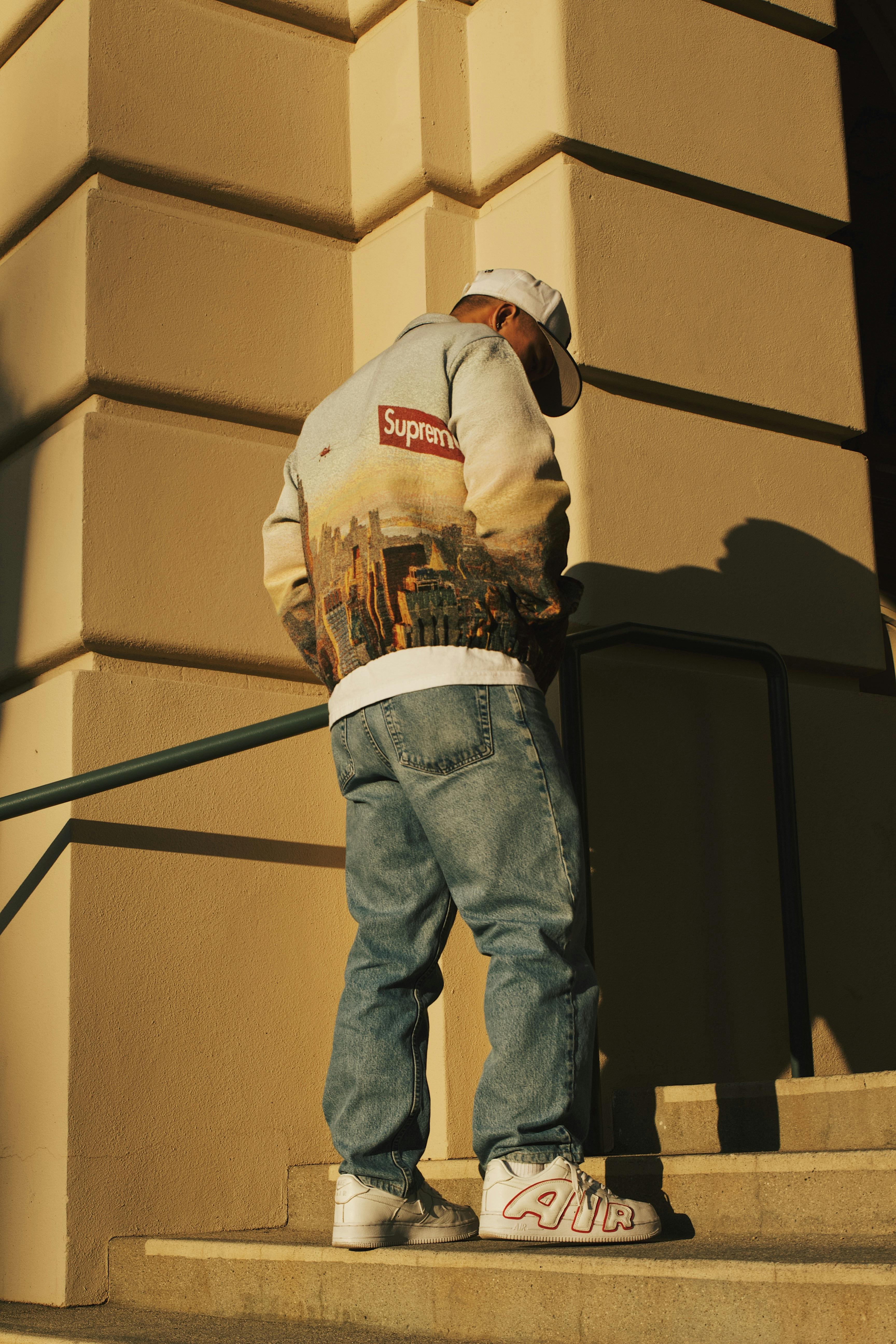In today's fashion landscape, sustainability and social responsibility are no longer optional extras but essential pillars. Abadia, a brand making waves in the Middle East, exemplifies this commitment. This article delves into a conversation with Abadia’s founder, exploring their journey in navigating the complexities of sustainable style and achieving meaningful social impact. We uncover the challenges, triumphs, and future aspirations of this ethical fashion powerhouse.
Building a Sustainable Brand: Challenges and Triumphs
Creating a truly sustainable fashion brand isn't a walk in the park. Abadia’s founder likely faced hurdles like sourcing ethical and sustainable materials, managing production processes that minimize environmental impact, and educating consumers about the value of sustainable clothing. However, their success demonstrates that perseverance and dedication can overcome these challenges. Transparency and traceability are key—consumers are increasingly demanding to know where their clothes come from and how they’re made. Abadia's commitment to this transparency builds trust and resonates deeply with environmentally conscious shoppers. [Link to Abadia's website or a relevant article detailing their supply chain].
Social Impact: Weaving Ethics into the Fabric
Many sustainable brands go beyond environmental concerns and focus on positive social impact. Abadia likely incorporates fair labor practices into their operations, ensuring workers receive fair wages and safe working conditions. They may also support local communities through their production processes or through charitable initiatives. This holistic approach to sustainability—considering both environmental and social dimensions—is crucial for building a truly ethical fashion brand. This resonates with millennial and Gen Z consumers increasingly drawn to brands that align with their values. [Link to a related article on ethical fashion and social responsibility].
The Future of Sustainable Style at Abadia
The fashion industry is in constant evolution, and staying ahead of the curve requires innovation and adaptability. Abadia’s founder likely has ambitious plans for the future, potentially including further advancements in sustainable materials, innovative production methods, or expansion into new markets. The emphasis on transparency and community engagement will likely remain at the core of their brand identity. Their journey serves as a beacon for other brands striving to create a more sustainable and equitable fashion industry. [Link to an article on future trends in sustainable fashion]






